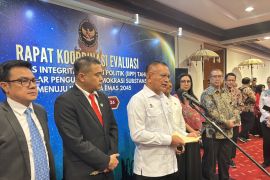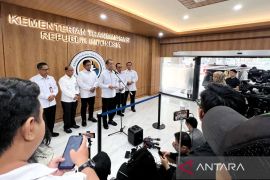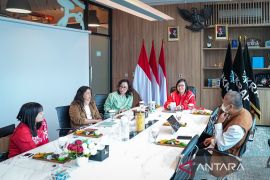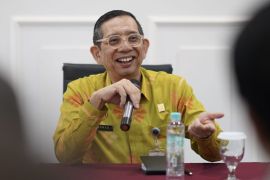While opening a workshop on Science Diplomacy here on Monday, deputy for Social Sciences and Humanities Tri Nuke Pudjiastuti reiterated that despite the challenges posed in bringing about a change in science diplomacy in the nation and world, it is important to change the science itself globally.
At the global level, Pudjiastuti pointed to a "multi stress zone" in Africa, Asia, South America, and parts of Europe. Water, demographic, coastal, hunger, and even security conflicts are challenges that are yet unresolved despite being discussed globally by scientists.
Science diplomacy is not new, but it has not been viewed as being important in the decision-making process in countries.
The South China Sea conflict in which the Ministry of Foreign Affairs has, since the 70s, conducted subtle diplomacy is one example of unresolved issues in the world.
There is a strong foundation that raises the momentum for rapid developments in the field of science and technology and the freedom of ideas can be accepted in diplomacy.
According to Pudjiastuti, the important aspect is that science diplomacy, which is a non-ideological diplomatic approach, coupled with the freedom of ideas can be applied to a certain level and become a basis to conduct foreign policy.
Speaking in connection with the nuclear issue involving the United States and Russia, Pudjiastuti opined that raising awareness on science and technology would help to more ably defuse and resolve the conflict.
(O001/INE)
(T.SYS/B/KR-BSR/F001)
Reporter: SYSTEM
Editor: Heru Purwanto
Copyright © ANTARA 2018












